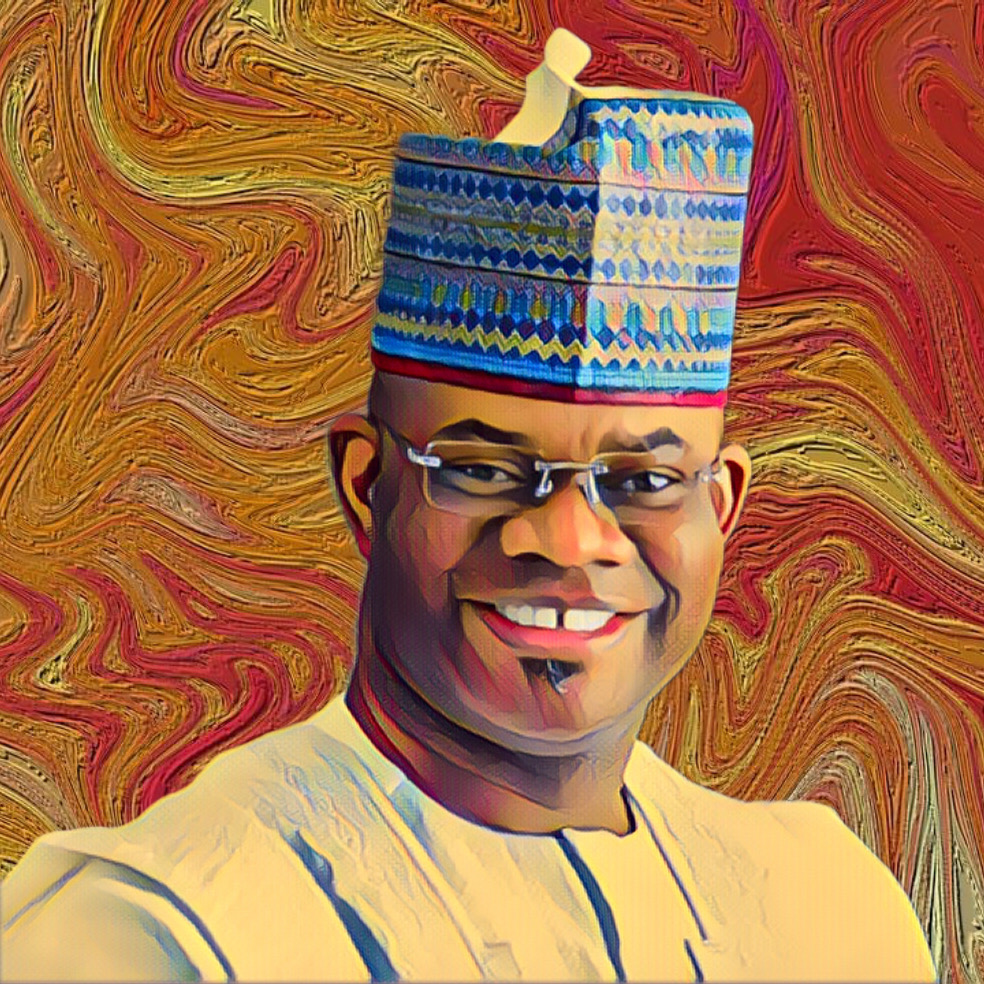KEY POINTS
- Yahaya Bello seeks to overturn money laundering case at Supreme Court.
- A source quoted the EFCC accusing Bello’s legal team of unnecessary delayand protraction to frustrate the prosecution and avoid being arraigned.
- The case has been set for a decision on October 30.
The former Kogi State Governor, Yahaya Bello, has taken his money laundering case to the Supreme Court. The Federal High Court sitting in Abuja fixed the case for October 30, 2024. This came after Bello filed an appeal against an arrest warrant issued on April 17. The Economic and Financial Crimes Commission (EFCC) has charged Bello with embezzling N80.2 billion of public funds.
During the hearing, Bello’s counsel, A.M. Adoyi, informed the court that they had appealed the Court of Appeal’s ruling. This ruling had directed the arraignment of Bello. Adoyi emphasized the need for the court to wait until the Supreme Court rules on the matter before proceeding with the arraignment.
Supreme court appeal and EFCC’s reaction
According to Punch, The EFCC counsel, Kemi Pinheiro, accused Bello’s legal team of using delay tactics. Pinheiro requested that the court hold Adoyi in contempt. According to Pinheiro, the defendant had continuously chosen to disregard both the court and the Constitution. The EFCC expressed frustration over the four previous hearings and accused the defense of intentionally delaying the case.
Pinheiro stated, “One should not turn the court into some sort of theater.” He noted that Bello should have appeared for arraignment instead of using tactics to delay the proceedings.
Current litigation and October 30 judgment
Justice Emeka Nwite called the case and said he would deliver his judgment on October 30. Bello faces 19 counts of money laundering and misappropriation. The EFCC continues to push for his arraignment. The defense argued that no further action can be taken until the Supreme Court rules on the pending stay of appeal.
Bello’s legal team remains firm in its position that the former governor cannot be charged until the Supreme Court issues its ruling.


